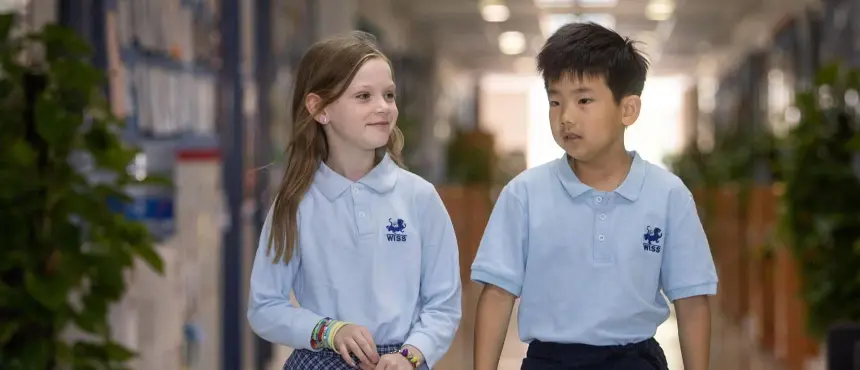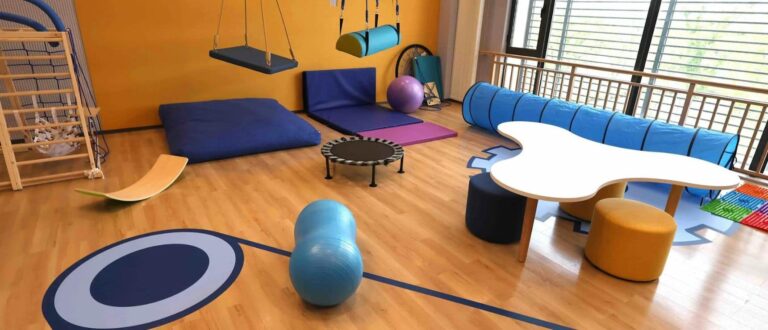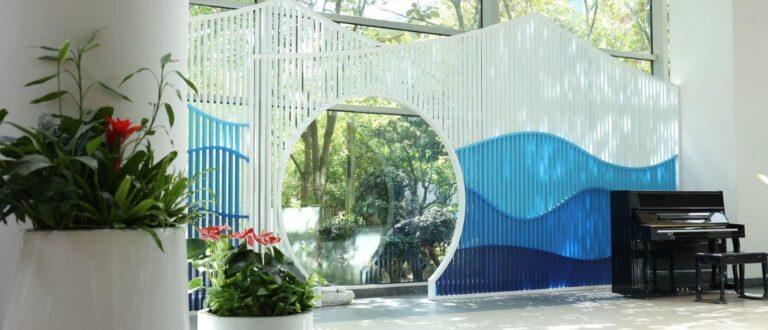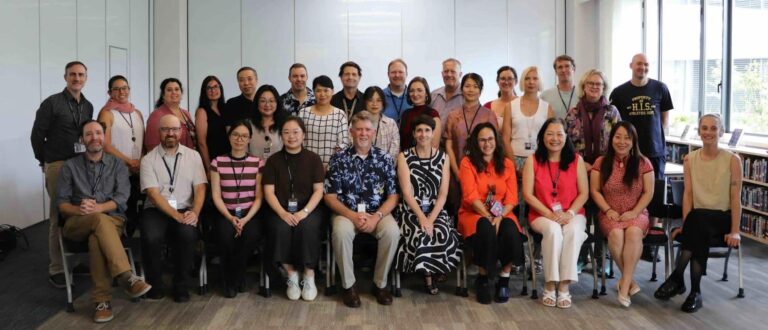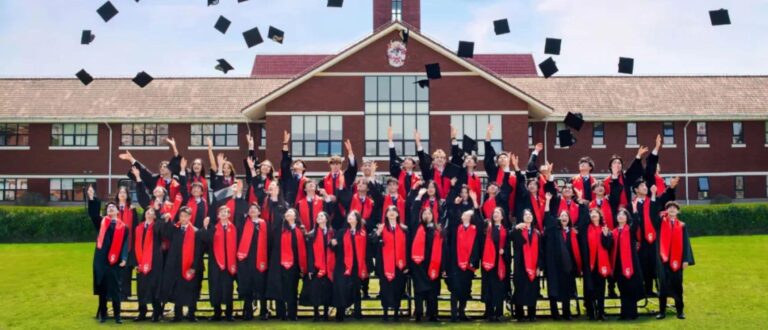Summer break, while being a wonderful time for children to unwind and rejuvenate, also presents a unique opportunity for learning to continue outside the traditional classroom. There are several fun and engaging strategies to support primary students with summer learning opportunities.
Maintaining a regular reading habit is essential for students to maintain their reading progress. A visit to the local book shop or even library can allow children to choose books that interest them. Creating a summer reading list with books that align with their interests and reading abilities can also be beneficial. Discussions about the stories, characters, and themes will improve their reading comprehension and critical thinking skills.
Promoting writing as a fun activity can also be useful. Children could keep a summer journal, write letters or emails to friends or family members, or even create a comic strip. Writing a story or a brochure all about the places they visit is another way for them to be inspired to write about their surroundings. This not only enhances their writing skills but also fosters creativity and expression.
Math can be incorporated into everyday activities. Cooking or baking together can help children practice measurement and fractions, and shopping can provide a good opportunity to learn about money, budgeting, and calculation.
Exploration of the natural world can spark curiosity about science. Nature walks, gardening, or even observing the weather can encourage children to ask questions, make observations, and learn about different plants, animals, and natural phenomena.
Engaging in activities that help children learn about their community and the wider world can be beneficial. This could involve visiting local museums, participating in community events, or learning about different cultures and countries.
Ensuring children remain active is critical. Regular exercise promotes physical health and
improves concentration and mental well-being. This could be as simple as playing in the park, joining a local sports team, or taking up a new hobby like dancing or swimming.
Creative pursuits should also be encouraged. Whether it’s painting, playing a musical instrument, or building something from recycled materials, creative activities foster imagination, problemsolving, and fine motor skills.
Remember, the goal of summer learning is not to replicate the school experience but to provide diverse, engaging, and enjoyable learning opportunities that cater to a child’s interests and abilities. By offering support and encouragement, parents and caregivers can help children maintain their learning momentum while still enjoying their summer break.
暑期学习
暑假是孩子们放松和恢复活力的好时机,同时也为学习提供了在传统课堂之外的独 特机会。有几种有趣而引人入胜的策略可以帮助支持小学生进行暑假学习。
保持定期阅读习惯对学生的阅读进步至关重要。到当地书店或图书馆参观可以让孩 子们选择他们感兴趣的书籍。创建一个夏季阅读清单,列出与他们的兴趣和阅读能
力相符的书籍也会有益处。对故事、角色和主题进行讨论将提高他们的阅读理解和 批判性思维能力。
将写作作为一项有趣的活动来推广也很有用。孩子们可以写暑期日记,给朋友或家 人写信或电子邮件,甚至创作漫画。写一个关于他们所参 观的地方的故事或小册子
是激发他们写下周围环境的另一种方式。这不仅提高了他们的写作技巧,还培养了 创造力和表达能力。
数学可以融入日常活动中。一起做饭或烘焙可以帮助孩子们练习测量和分数,购物 则提供了学习货币、预算和计算的好机会。
探索自然世界可以引发对科学的好奇心。进行自然散步、园艺活动,甚至观察天气都可以鼓励孩子们提出问题、观察事物,并学习有关不同的植物、动物和自然现象的知识。
让孩子们参与了解他们的社区和更广阔世界的活动是有益的。这可以包括参观当地博物馆,参与社区活动,或学习不同的文化和国家。
确保孩子保持充足的活动和户外运动至关重要。定期锻炼可以促进身体健康,提高注意力和心理健康。可以通过简单的方式实现,比如在公园玩耍、加入当地的运动队,或者尝试新的爱好,如跳舞或游泳。
也应该鼓励创意追求。无论是绘画、演奏乐器还是用回收材料建造东西,创意活动都能培养想象力、问题解决能力和精细动作技能。
记住,暑期学习的目标不是复制学校的经历,而是提供多样化、引人入胜和愉快的学习机会,以满足孩子的兴趣和能力。通过提供支持和鼓励,父母和照顾者可以帮助孩子在享受暑假的同时保持学习的动力。

